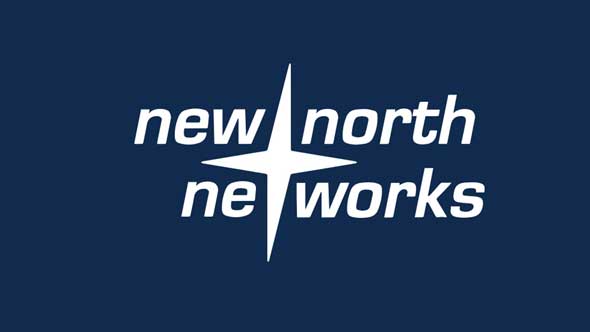
Internet speed can be a confusing topic, but understanding the basics can help you choose the right plan for your needs. Here’s a breakdown of speed metrics and tips on selecting the best speed for your online activities.
Explanation of Speed Metrics
-
Download Speed
- Download speed measures how quickly data can be transferred from the internet to your device. It's typically measured in megabits per second (Mbps). This is important for activities like streaming videos, downloading files, and browsing the web.
-
Upload Speed
- Upload speed indicates how fast data can be sent from your device to the internet, also measured in Mbps. This is crucial for activities like video conferencing, uploading files, and online gaming.
-
Ping (Latency)
- Ping, or latency, measures the time it takes for data to travel from your device to a server on the internet and back again. It’s measured in milliseconds (ms). Lower ping times are essential for real-time activities like online gaming and video calls.
-
Bandwidth
- Bandwidth refers to the maximum amount of data that can be transmitted over an internet connection in a given amount of time. Higher bandwidth allows for more data to be transmitted, which can support multiple devices and activities simultaneously.
How to Choose the Right Speed for Your Needs
-
Basic Browsing and Email
- For basic activities like browsing the web, checking email, and social media, speeds of 5-10 Mbps are usually sufficient.
-
Streaming Video
- Streaming standard definition (SD) video typically requires speeds of 3-4 Mbps. For high definition (HD) streaming, aim for at least 5-8 Mbps, and for 4K streaming, you'll need 25 Mbps or higher.
-
Online Gaming
- Online gaming requires both good download and upload speeds, as well as low latency. Speeds of 10-25 Mbps with low ping (less than 50 ms) are ideal for a smooth gaming experience.
-
Working from Home
- For video conferencing, large file transfers, and using cloud-based applications, look for speeds of at least 10-20 Mbps. Higher speeds are beneficial if multiple devices are connected simultaneously.
-
Multiple Users and Devices
- If your household has several users and multiple devices connected at once, consider a plan with higher speeds. Speeds of 50-100 Mbps can accommodate heavy usage, such as streaming, gaming, and working from home.
-
Heavy Usage
- For households with heavy usage patterns, such as frequent streaming in 4K, large file downloads, and extensive online gaming, speeds of 100 Mbps or higher are recommended.
By understanding these speed metrics and evaluating your internet usage, you can select the right internet speed to meet your needs, ensuring a seamless online experience.